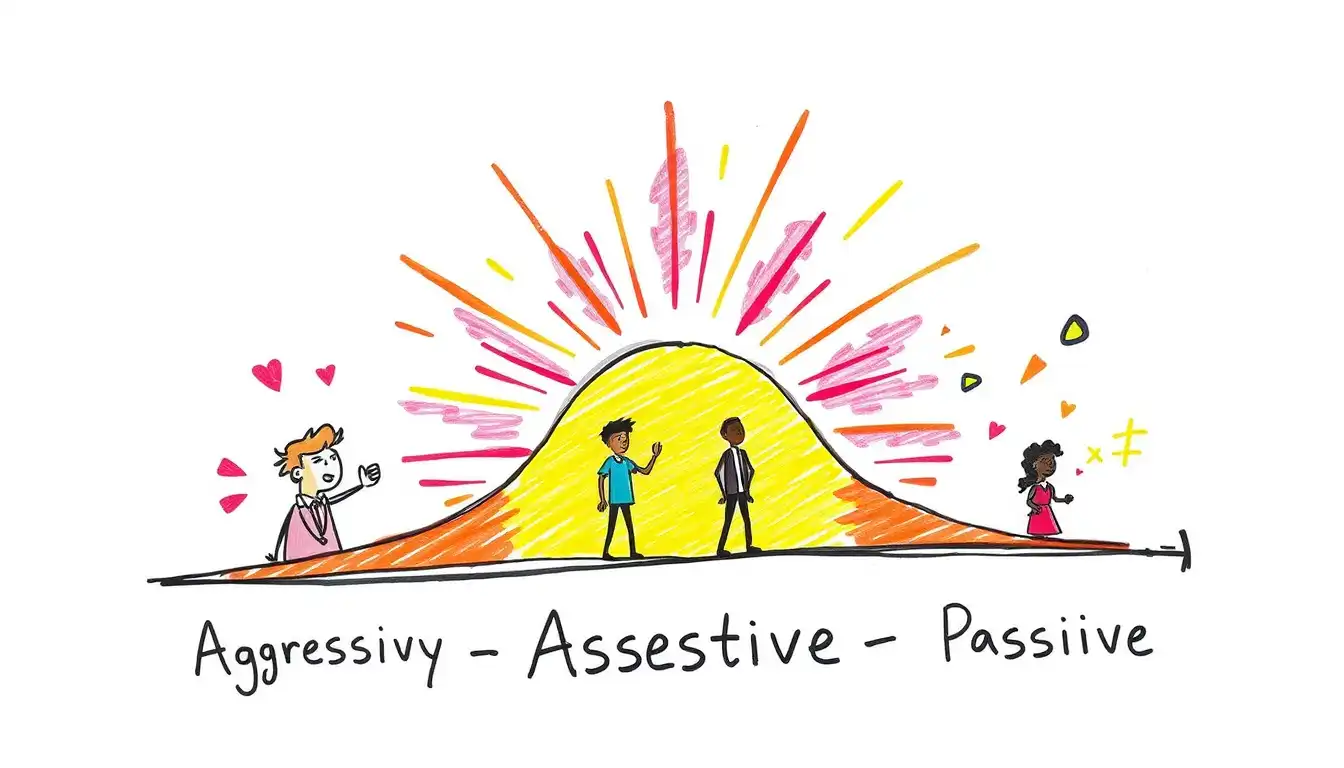Understanding the Basics of Successful Negotiation
Successful negotiation is an essential skill in both personal and professional settings. It involves finding a mutually beneficial agreement between two or more parties. To achieve successful negotiation, it’s crucial to understand the basics of the process. This includes setting clear goals, gathering information, and developing a negotiation strategy.
When preparing for a negotiation, it’s essential to define your goals and limits. What are you willing to accept, and what are you willing to compromise on? Having a clear understanding of your goals will help you stay focused and avoid making concessions that may harm your interests. Additionally, gathering information about the other party’s needs and goals can help you find creative solutions that benefit both parties.
The Power of Active Listening
Active listening is a critical component of successful negotiation. It involves fully concentrating on what the other party is saying, understanding their perspective, and responding appropriately. Active listening helps build trust and rapport, which can lead to more effective communication and a higher likelihood of reaching a mutually beneficial agreement.
To practice active listening, make sure to maintain eye contact, ask open-ended questions, and paraphrase what the other party has said. This demonstrates that you’re engaged and interested in their perspective, which can help build trust and credibility.
Developing a Negotiation Strategy
A well-planned negotiation strategy is essential for achieving successful negotiation. This involves understanding the other party’s goals, identifying potential areas of agreement, and developing a plan to achieve your objectives.
The Importance of Flexibility
Flexibility is a critical component of a successful negotiation strategy. Being inflexible can lead to stalemate and conflict, which can harm relationships and hinder progress. By being open to different options and willing to compromise, you can find creative solutions that benefit both parties.
To develop a flexible negotiation strategy, consider the following tips:
-
Be willing to make concessions
-
Look for mutually beneficial solutions
-
Consider alternative solutions
-
Be open to creative proposals
Mastering the Art of Persuasion
Persuasion is a critical component of successful negotiation. It involves using various tactics to influence the other party’s decision-making process. To master the art of persuasion, consider the following tips:
The Power of Storytelling
Storytelling is a powerful tool in negotiation. It involves sharing personal anecdotes or experiences that illustrate a point or support a claim. Storytelling can help build emotional connections, establish credibility, and make your message more relatable.
To use storytelling effectively in negotiation, consider the following tips:
-
Share personal experiences
-
Use vivid language
-
Make your story relevant to the negotiation
The Role of Body Language
Body language plays a critical role in negotiation. It involves using non-verbal cues to convey confidence, build trust, and establish credibility. To use body language effectively in negotiation, consider the following tips:
-
Maintain eye contact
-
Use open and confident body language
-
Avoid crossing your arms or legs
Overcoming Common Negotiation Obstacles
Despite your best efforts, negotiation obstacles can arise. These may include disagreements, conflicts, and impasses. To overcome these obstacles, consider the following tips:
The Importance of Patience
Patience is a critical component of successful negotiation. It involves taking the time to listen, understand, and respond to the other party’s concerns. By being patient, you can build trust, establish credibility, and find creative solutions to complex problems.
To practice patience in negotiation, consider the following tips:
-
Take a break if necessary
-
Avoid reacting impulsively
-
Focus on finding a mutually beneficial solution
The Role of Emotional Intelligence
Emotional intelligence is critical in negotiation. It involves understanding and managing your emotions, as well as empathizing with the other party’s feelings. By being emotionally intelligent, you can build trust, establish rapport, and find creative solutions to complex problems.
To develop emotional intelligence in negotiation, consider the following tips:
-
Recognize and manage your emotions
-
Empathize with the other party’s feelings
-
Stay calm and composed under pressure
FAQ
What is the key to successful negotiation?
The key to successful negotiation is finding a mutually beneficial agreement between two or more parties.
How can I prepare for a negotiation?
To prepare for a negotiation, define your goals and limits, gather information about the other party’s needs and goals, and develop a negotiation strategy.
What is the importance of active listening in negotiation?
Active listening is critical in negotiation as it helps build trust and rapport, and can lead to more effective communication and a higher likelihood of reaching a mutually beneficial agreement.
How can I overcome negotiation obstacles?
To overcome negotiation obstacles, practice patience, develop emotional intelligence, and focus on finding a mutually beneficial solution.
Conclusion
Successful negotiation is an essential skill in both personal and professional settings. By understanding the basics of negotiation, developing a negotiation strategy, mastering the art of persuasion, and overcoming common obstacles, you can achieve successful negotiation and get what you want. Remember to stay flexible, practice active listening, and use storytelling and body language to your advantage. With these skills, you’ll be well on your way to becoming a successful negotiator.







Leave a Reply